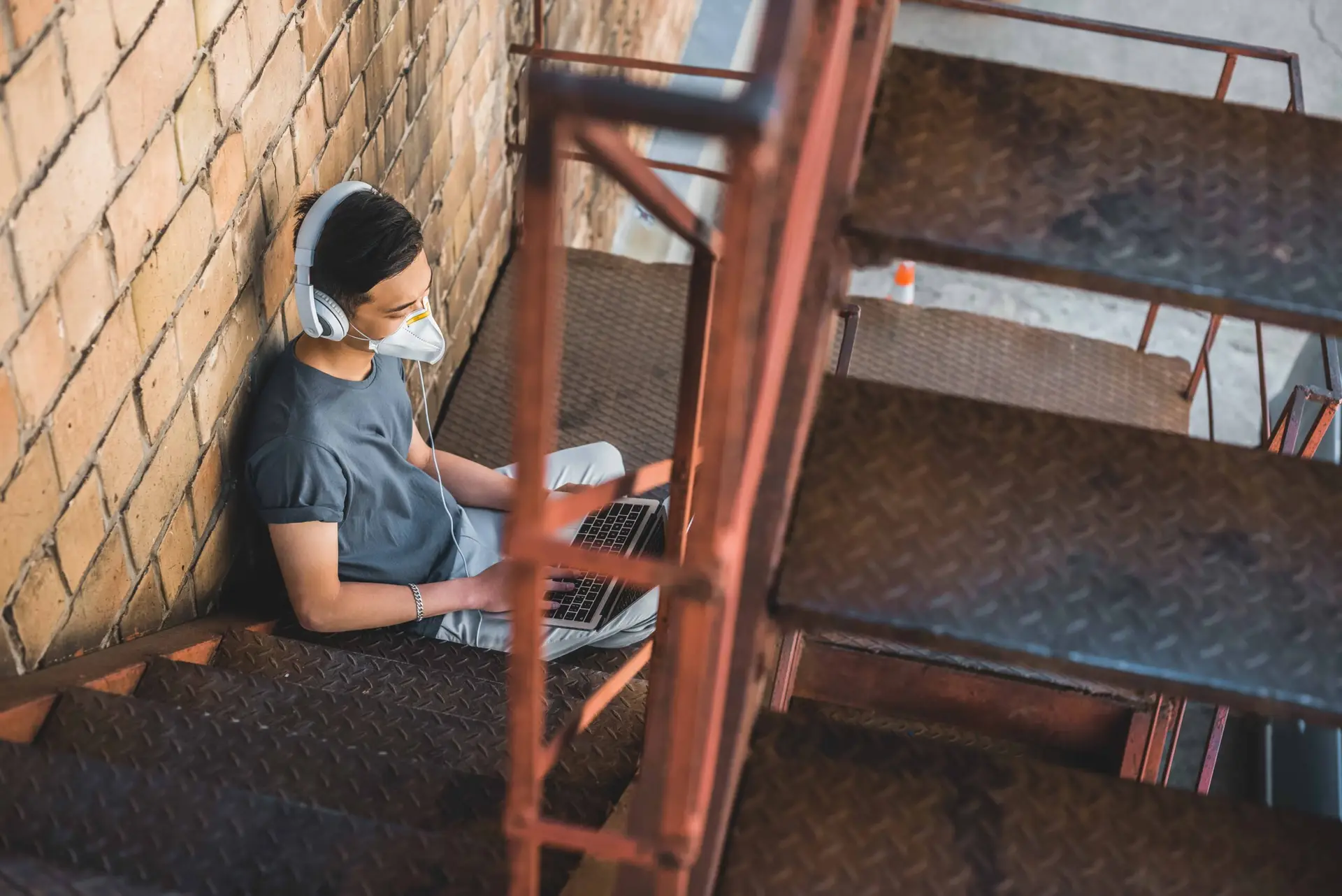Like many, I spend a lot of time on ZOOM these days. One thing I’ve noted is that people are both energized and exhausted by their new existence in the COVID-19 pandemic.
The energy comes from learning new skills and from the new forms of connection they are discovering with family, friends and colleagues.
The exhaustion comes partly from the effort they put into it. But it’s more than that.
It’s the weight of unknowing.
Unlike any other time in memory, the uncertainty we face is all-encompassing. When will we re-open? How safe will it be? How long will it really last? What will life be like on the other side?
This kind of uncertainty creates what psychologists call anticipatory grief. This is most common when facing an impending loss, like the death of a loved one. However, any uncertainty that brings fear and dread can induce anticipatory grief.
According to David Kessler, who co-wrote On Grief and Grieving: Finding the Meaning of Grief through the Five Stages of Loss, with Elisabeth Kubler-Ross, unhealthy anticipatory grief is anxiety. It’s trying to imagine an uncertain future and fearing the worst.
Even if you aren’t actually imagining doomsday scenarios, it’s likely that the uncertainty of COVID-19 weighs on you. It’s a constant drag. And if you’re feeling it, those that you lead and work with are probably feeling it, too.
So how can you lead as a non-anxious presence? Here’s my take.
Name It
It’s well proven that feelings that are suppressed or denied will eventually cause problems. Naming what is bothering you is the first step to gaining power over it.
As a leader, saying to others that uncertainty is uncomfortable, even scary, is not only honest, it brings the fear of unknowing out of the shadows and into the light. It says to everyone you lead that it’s OK to not know, and it’s OK to worry. This is the new normal, but it doesn’t have to drag us down.
Embrace the Unknowing
Making proclamations of certainty is both disingenuous and it increases anxiety. None of us really knows what’s going to happen. It’s one thing to say, “I know we’re going to get through this.” That’s a statement of faith in God. It’s another to say, “Things are going to be better than ever!” That’s being hopeful but has no basis in reality. People want to know that a leader is authentic and focused, not walking around with her head in the clouds.
Do the work of trying to lead. Admit you don’t know. Share what you believe, with the caveat that what really happens is anyone’s guess.
It’s counter-intuitive. But people are not ignorant. They can tell when it’s impossible to predict what’s going to happen. By embracing the unknowing, you help reduce the weight it brings.
Focus on Effort, Not Results
Just because you don’t know, doesn’t mean you can’t do something. Let your actions speak louder than your words. When you focus on the work at hand, not knowing how it will actually impact the outcome, you help yourself and others stay grounded in reality, even when nothing is certain.
We recently developed a plan for a shortened summer camp season with a smaller staff. We have no idea whether that will be what happens. If you ask me, it probably won’t. But it gives us a frame of reference to respond to whatever does happen. We are embracing the unknowing even while we do the work.
One caveat: don’t expect that doing the work will increase your sense of certainty. You can “scenario” yourself into more confusion and anxiety. The point is not to know what’s going to happen, it’s to focus on what you can do, not what you can’t.
The devastation of COVID-19 is unprecedented in our lifetime. Illness, death and economic collapse weigh heavy. But we will get through this. We may not get through unscathed, but we will get through. We have no idea what it will look on the other side, but my guess is it will be quite different. God only knows.


